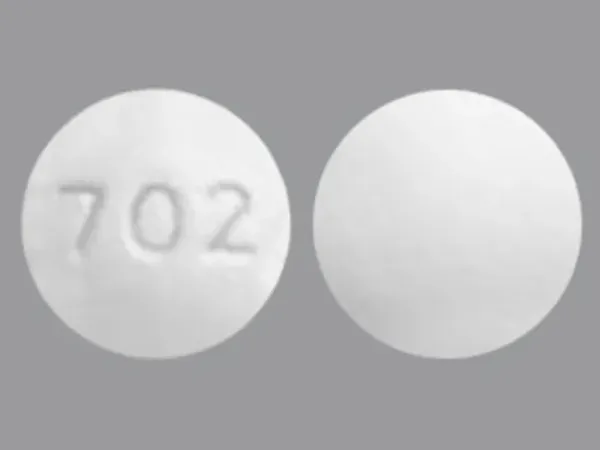Perphenazine Interactions
There are 721 drugs known to interact with perphenazine, along with 12 disease interactions, and 2 alcohol/food interactions. Of the total drug interactions, 115 are major, 592 are moderate, and 14 are minor.
- View all 721 medications that may interact with perphenazine
- View perphenazine alcohol/food interactions (2)
- View perphenazine disease interactions (12)
Most frequently checked interactions
View interaction reports for perphenazine and the medicines listed below.
- Abilify (aripiprazole)
- Adderall (amphetamine / dextroamphetamine)
- Ambien (zolpidem)
- Ativan (lorazepam)
- Benadryl (diphenhydramine)
- BuSpar (buspirone)
- Celexa (citalopram)
- Cogentin (benztropine)
- Cymbalta (duloxetine)
- Depakote (divalproex sodium)
- Fish Oil (omega-3 polyunsaturated fatty acids)
- Geodon (ziprasidone)
- Klonopin (clonazepam)
- Lamictal (lamotrigine)
- Latuda (lurasidone)
- Lexapro (escitalopram)
- Lithium Carbonate ER (lithium)
- Lyrica (pregabalin)
- Prozac (fluoxetine)
- Remeron (mirtazapine)
- Seroquel (quetiapine)
- Synthroid (levothyroxine)
- Topamax (topiramate)
- Vitamin B12 (cyanocobalamin)
- Vitamin D3 (cholecalciferol)
- Vyvanse (lisdexamfetamine)
- Wellbutrin (bupropion)
- Xanax (alprazolam)
- Zoloft (sertraline)
- Zyrtec (cetirizine)
Perphenazine alcohol/food interactions
There are 2 alcohol/food interactions with perphenazine.
Perphenazine disease interactions
There are 12 disease interactions with perphenazine which include:
- dementia
- brain damage
- liver damage
- acute alcohol intoxication
- CNS depression
- hematologic toxicity
- hypotension
- liver disease
- breast cancer
- NMS
- renal dysfunction
- seizure disorders
More about perphenazine
- perphenazine consumer information
- Compare alternatives
- Pricing & coupons
- Reviews (36)
- Drug images
- Side effects
- Dosage information
- During pregnancy
- Drug class: phenothiazine antiemetics
- Breastfeeding
- En español
Related treatment guides
Drug Interaction Classification
| Highly clinically significant. Avoid combinations; the risk of the interaction outweighs the benefit. | |
| Moderately clinically significant. Usually avoid combinations; use it only under special circumstances. | |
| Minimally clinically significant. Minimize risk; assess risk and consider an alternative drug, take steps to circumvent the interaction risk and/or institute a monitoring plan. | |
| No interaction information available. |
See also:
Further information
Always consult your healthcare provider to ensure the information displayed on this page applies to your personal circumstances.


